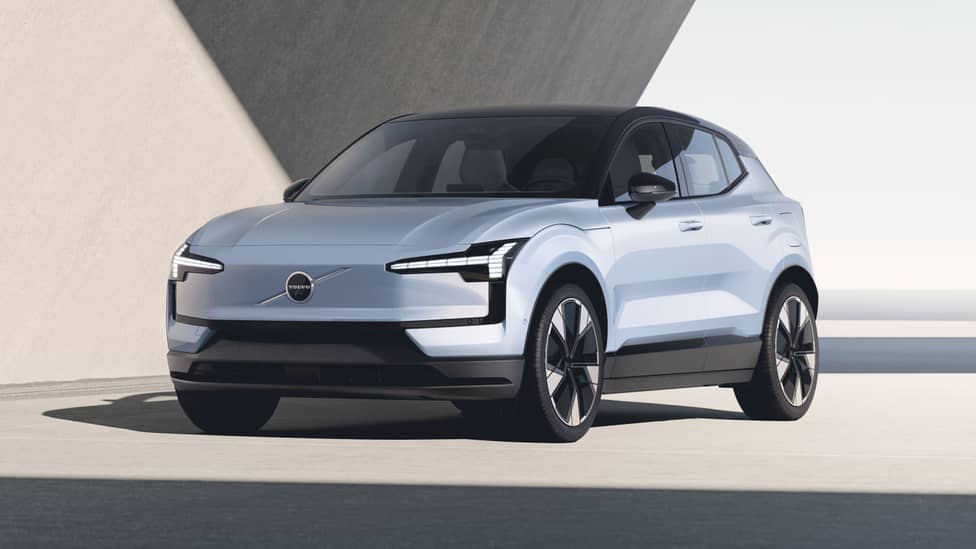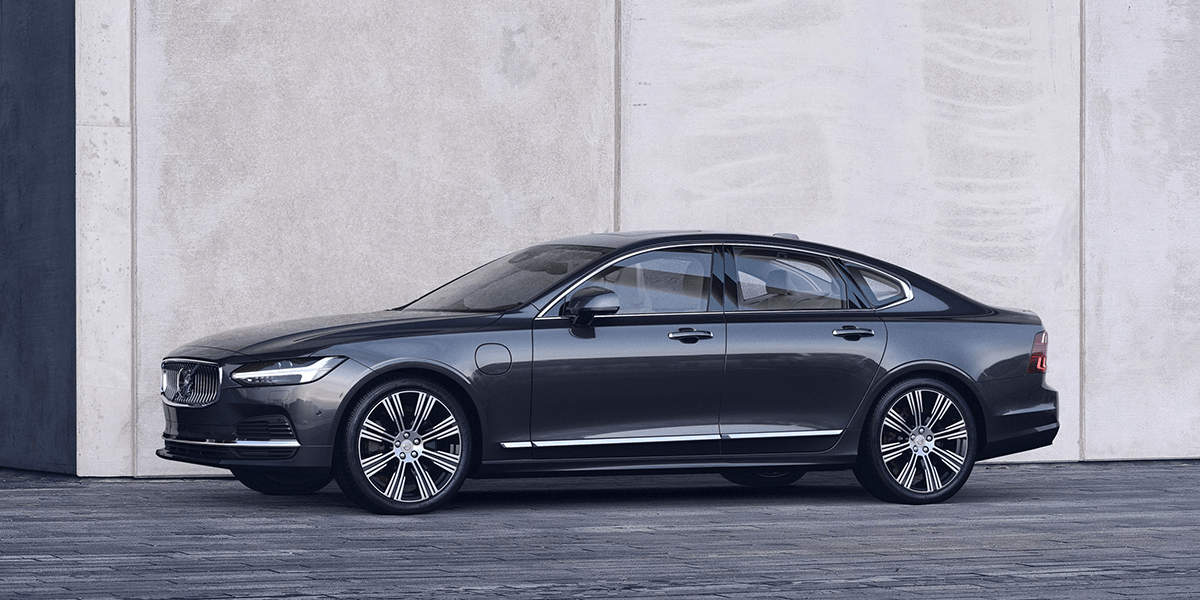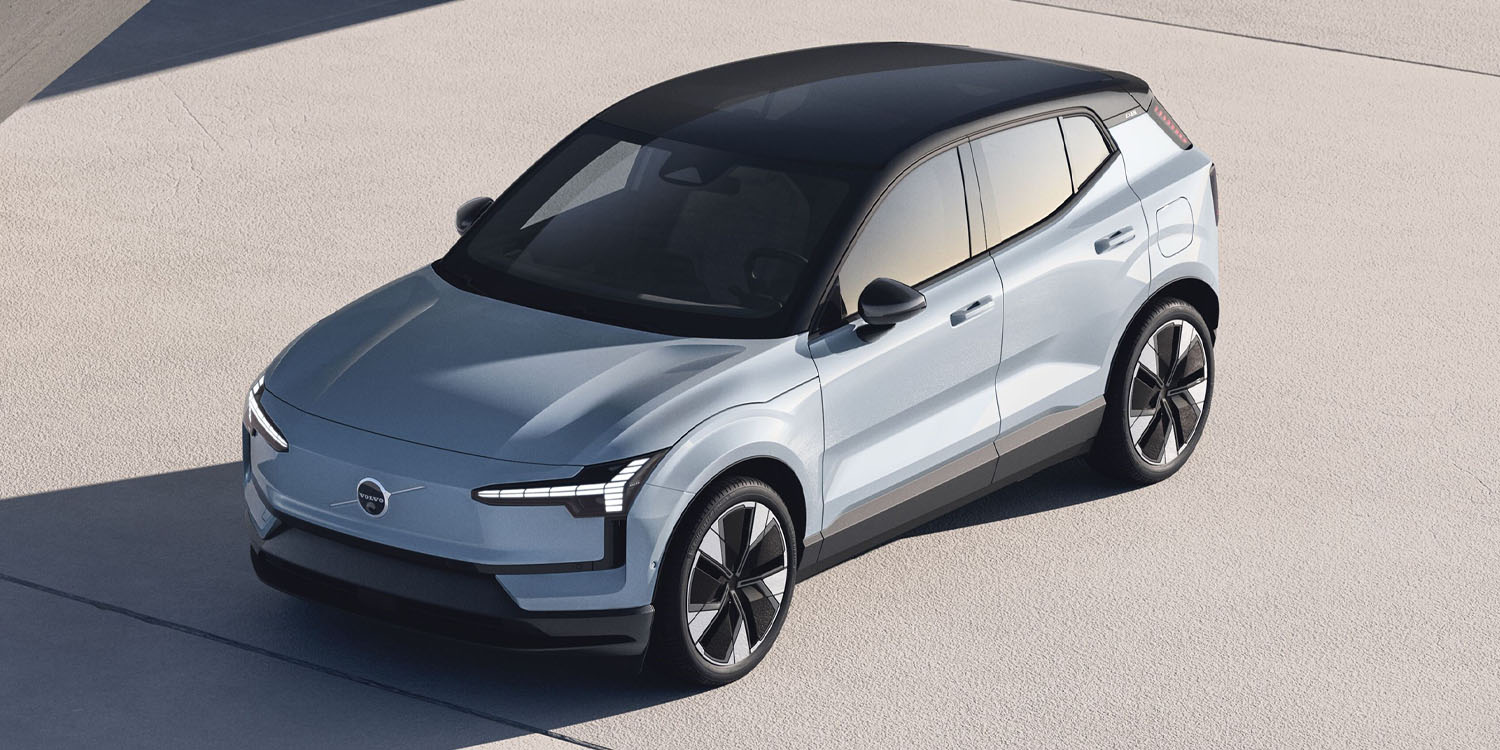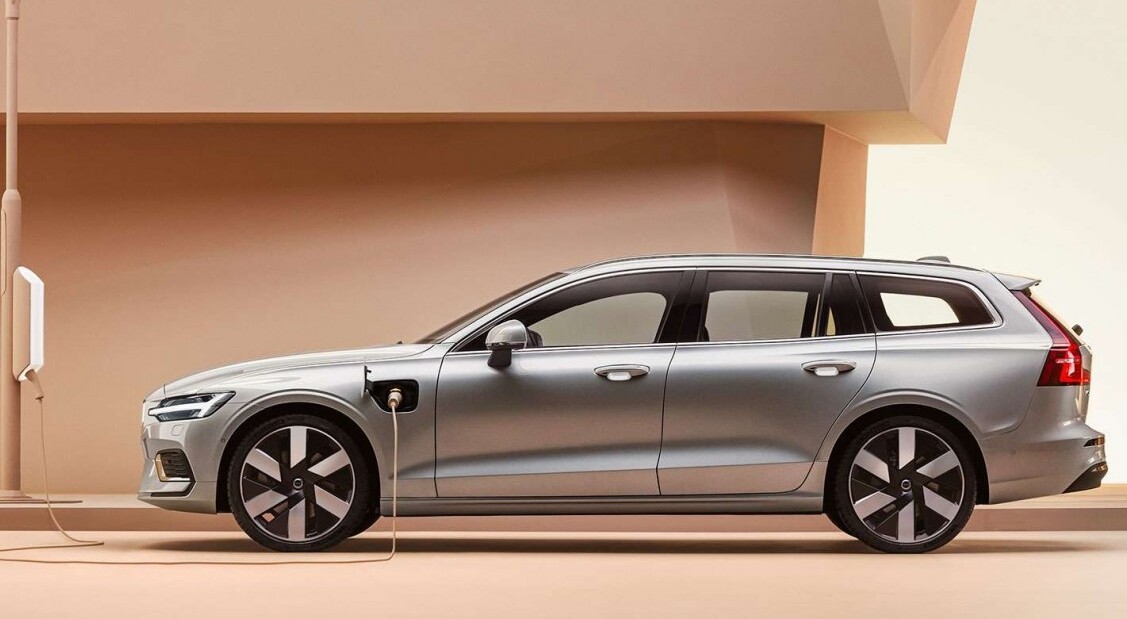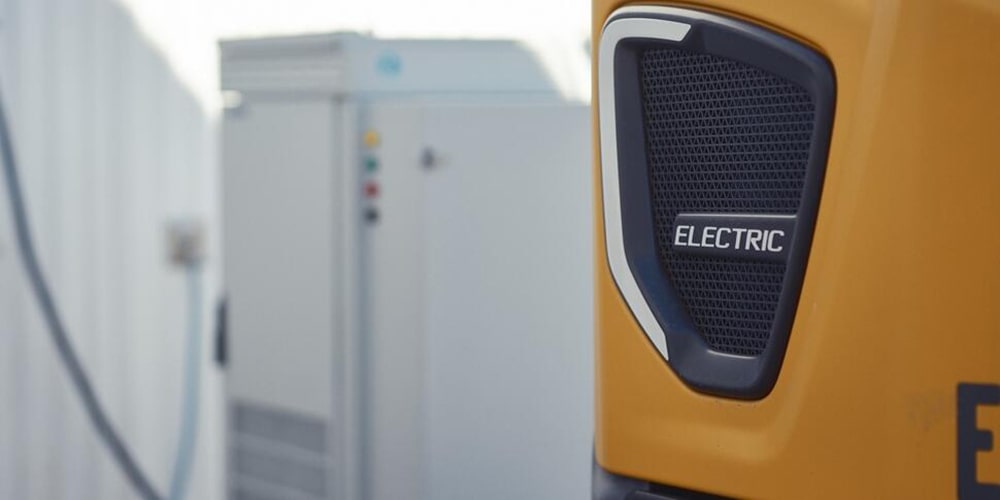Volvo has recently made a bold announcement, pledging to go all-electric by 2030 without any exceptions. While other automakers have made similar promises, Volvo stands out by refusing to sell another internal combustion engine (ICE) vehicle after the designated year. This commitment sets Volvo apart from competitors who have included caveats in their electrification plans.
For example, Mercedes has stated that it aims to have a fully electric lineup by 2030. However, the company acknowledges that it may need to continue selling ICE vehicles in certain markets that lack the necessary infrastructure for electric vehicles (EVs). Similarly, some automakers have committed to electrifying their entire lineup, but this could encompass a range of vehicles from EVs to hybrids. Volvo, on the other hand, has now made a resolute promise to embrace electric-only vehicles.
Bjorn Annwall, Volvo’s chief commercial officer, made it clear that the company will sell exclusively full-electric cars globally after 2030, without any exceptions. While this unwavering stance may pose challenges in markets that are not yet prepared for EVs, it also positions Volvo as a forward-thinking brand. Even though projections suggest that EVs will only account for 27 percent of the US market’s sales by 2030, Annwall emphasized the importance of focusing on battery-powered vehicles to tap into the rapidly growing EV market, rather than continuing to invest in internal combustion engines (ICE), which are on the decline.
Volvo’s CEO, Jim Rowan, echoed this sentiment, questioning the rationale behind investing in “old technology.” He acknowledged that going all-electric may lead to short-term sales losses but asserted that the benefits would far outweigh the sacrifices for the company in the long run.
While Volvo’s commitment to becoming fully electric by 2030 is admirable, it’s worth noting that the transition will take time. In the meantime, the company will continue to provide attention to its existing lineup of internal combustion vehicles. Annwall mentioned that these vehicles will receive updates in terms of technology and design, but Volvo will no longer invest in their base engine technology.
Volvo’s resolute decision to go all-electric is a significant step toward reducing carbon emissions and aligning with the global push for sustainable transportation. By firmly committing to an electric-only future, Volvo sets a high standard for other automakers to follow. Despite potential challenges in certain markets, the Swedish automaker believes that the rewards gained from embracing electric vehicles far outweigh any short-term setbacks. With its sights set on a greener future, Volvo aims to lead the charge in the evolving automotive landscape.

